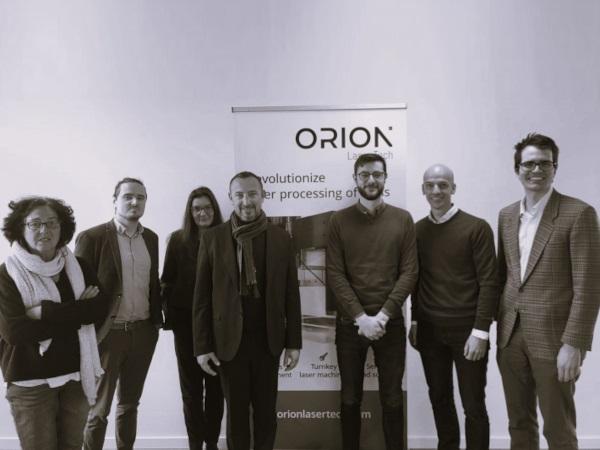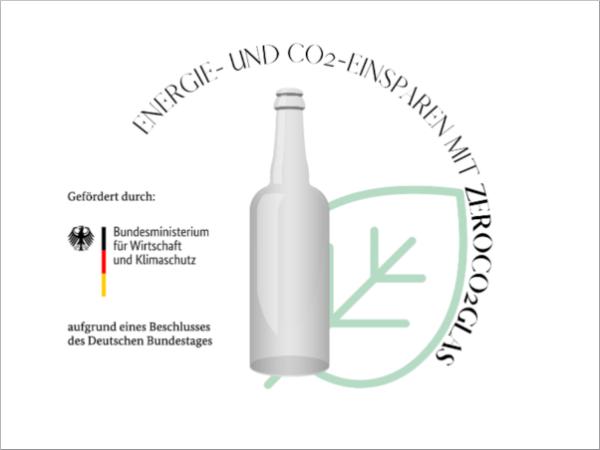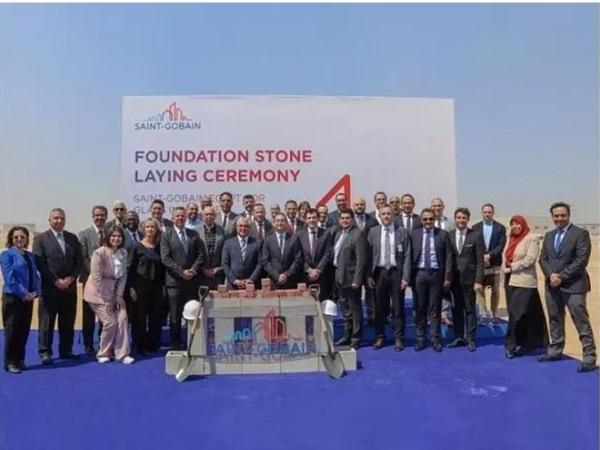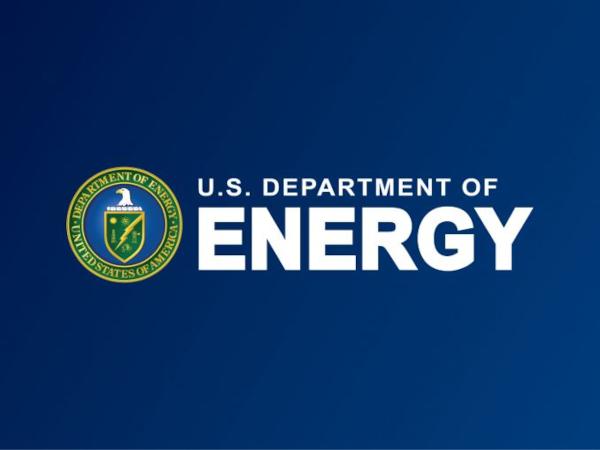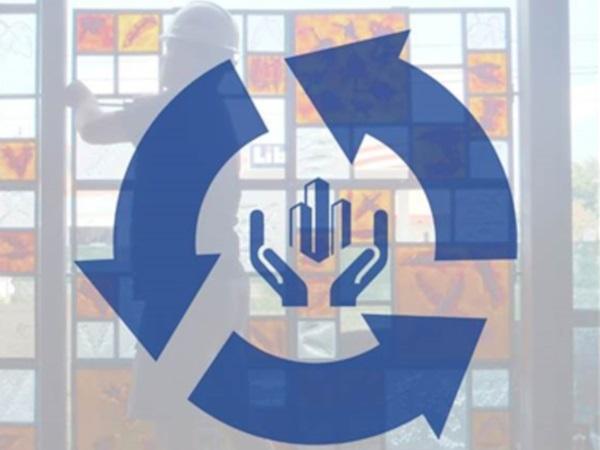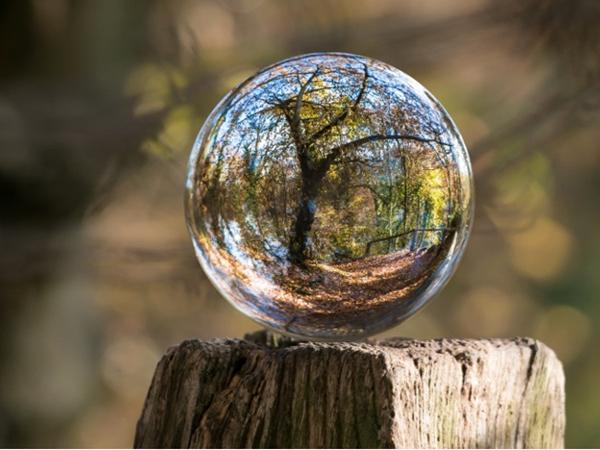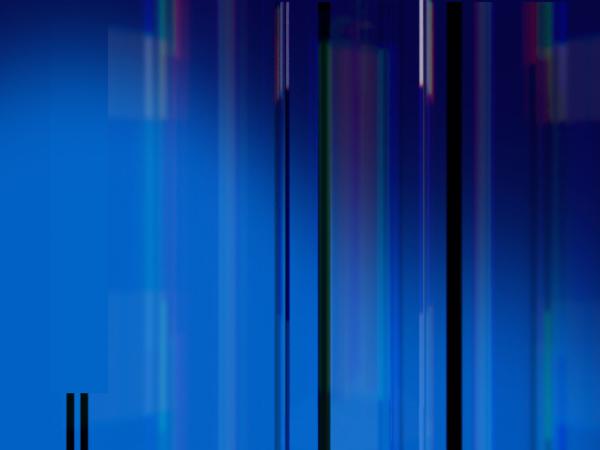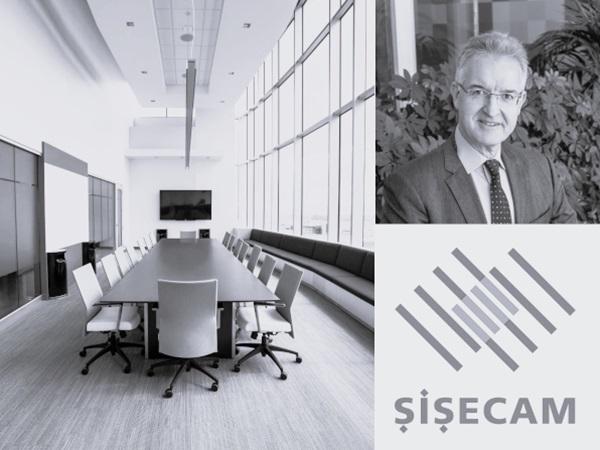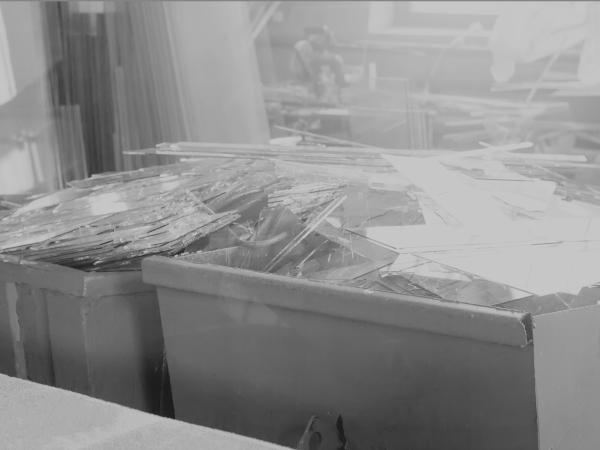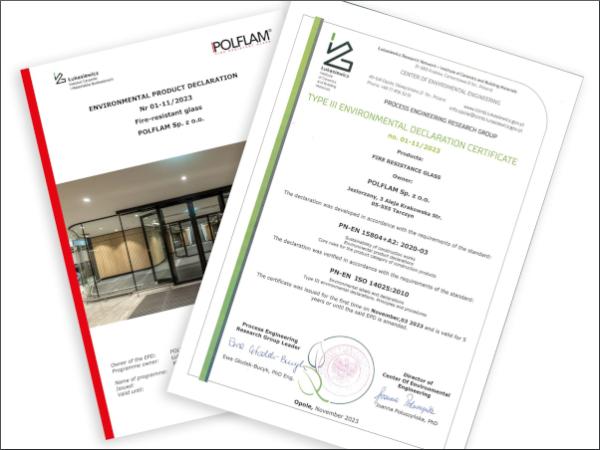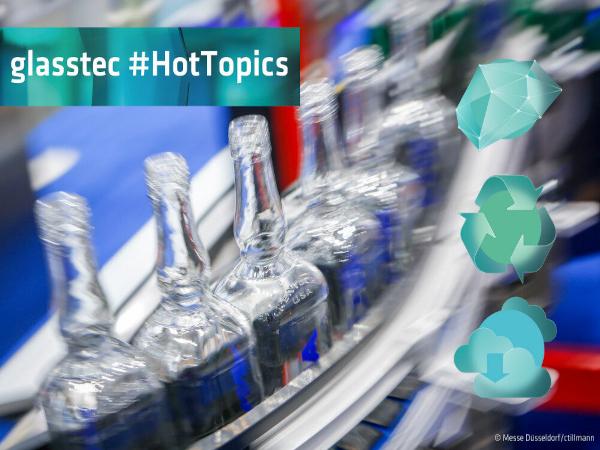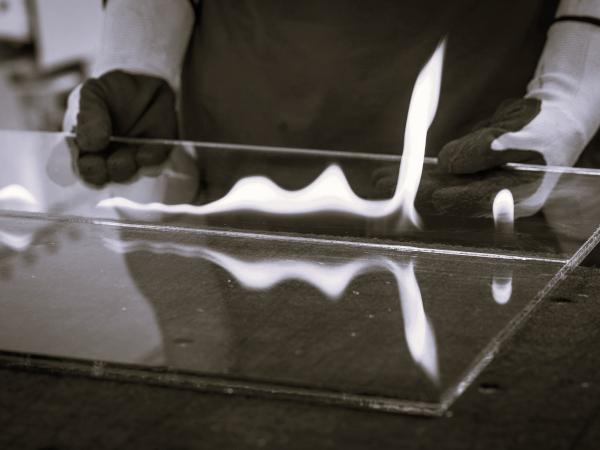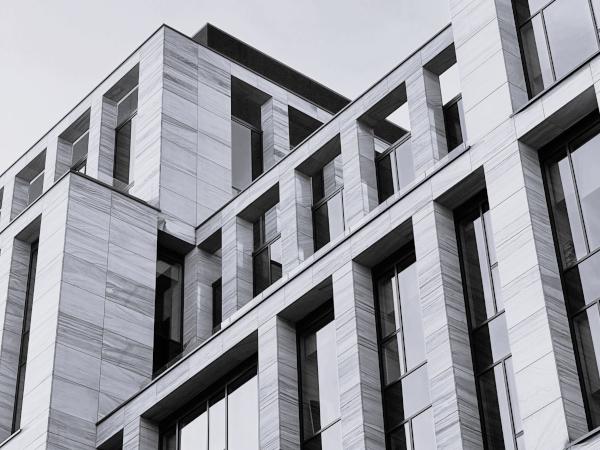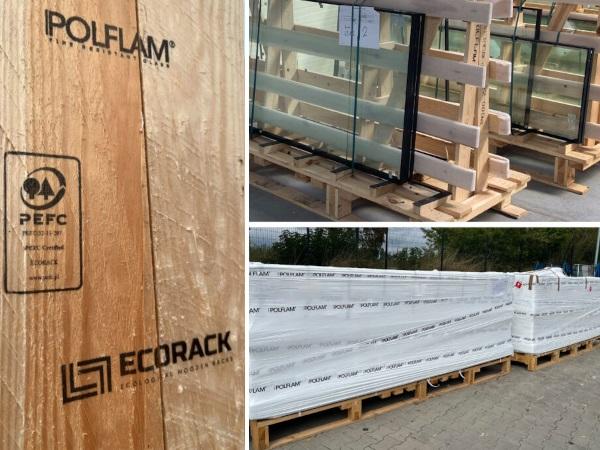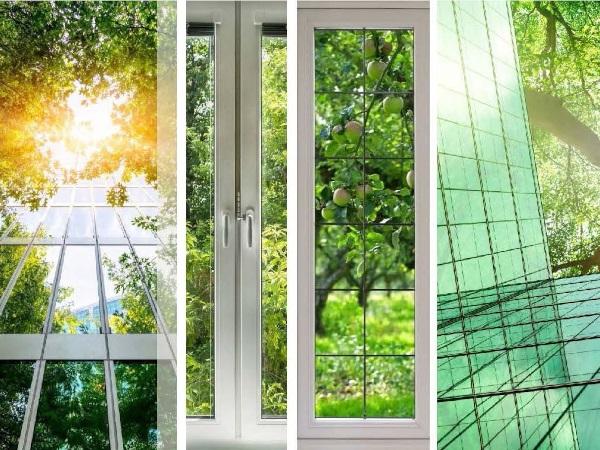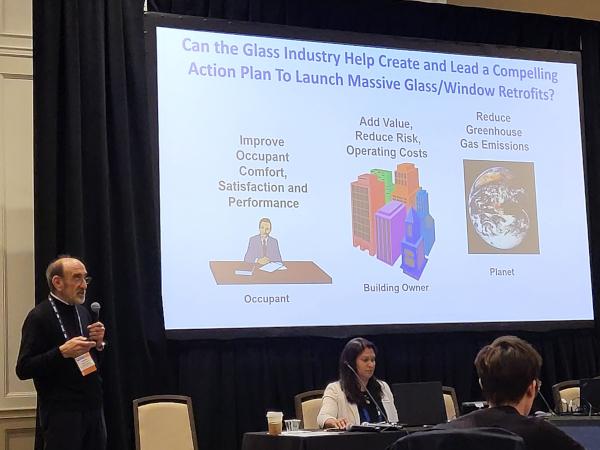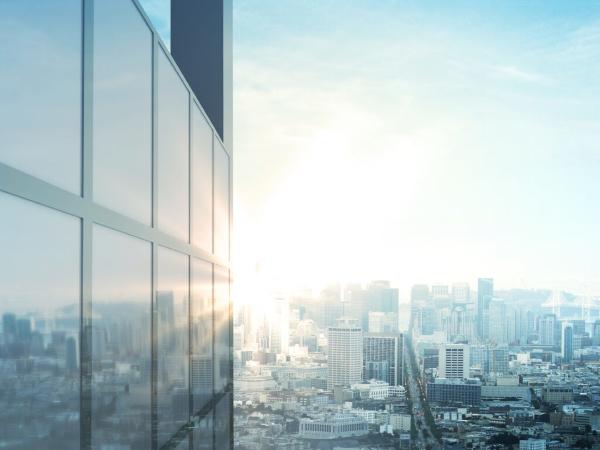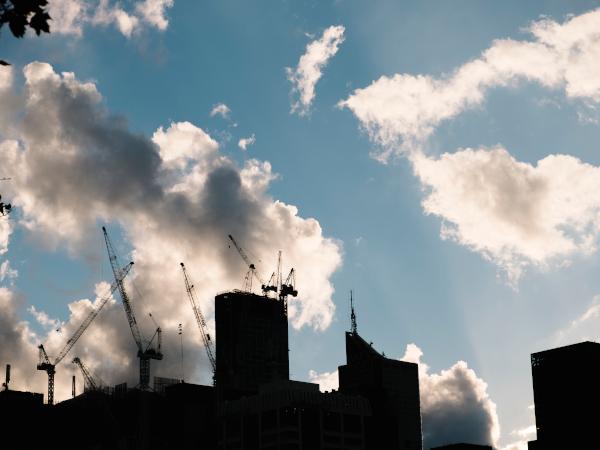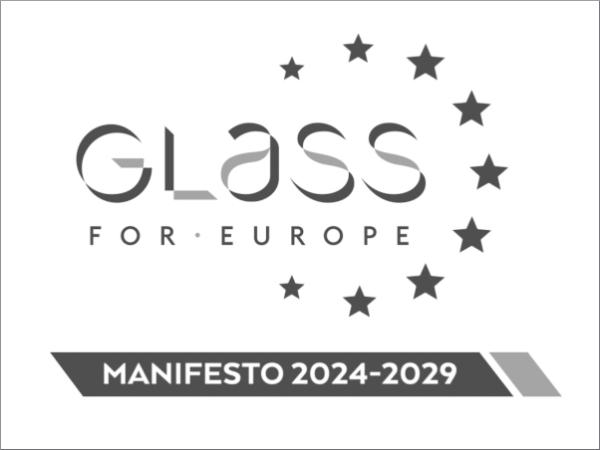Others also read
On 25 April, the Glass for Europe secretariat visited Orion Laser Tech to learn about their technology for bird-friendly glass production.
The most modern control technology is used in the ZeroCO2Glas test furnace. Horn software engineers create the control system with individually adapted process screens.
The Ain Sokhna float plant in Egypt will see its capacity increased with the construction of a second flat glass production line.
The workshop will take place May 16-17, 2024, at the Hyatt Pittsburgh International Hotel in Pittsburgh.
On 16 April, Glass for Europe participated in a workshop on the “Extended Producer Responsibility in the Construction Sector” organised by the Buildings Performance Institute Europe (BPIE).
Vitro Architectural Glass achieves Top 20% LEC rating with updated EPDs.
It is well known that climate change refers both to long-term natural and man’s hand shifts in temperatures and weather patterns.
Diageo's seed investment in Glass Futures' expansion highlights its commitment to new tech and partnerships for its 2030 ESG goals.
In addition to the five-part video series, Glass for Europe is thrilled to unveil a two-pager Manifesto outlining its priorities and policy recommendations for the 2024-2029 mandate of the European institutions.
On 20 March 2024, Glass for Europe held its annual General Assembly in Brussels, bringing together senior executives and committee chairs from EU-based float manufacturers.
On the Global Recycling Day (18 March), Glass for Europe launched a new webpage dedicated to flat glass recycling.
POLFLAM is thrilled to announce the receipt of an Environmental Product Declaration (EPD) for its monolithic fire-resistant glass product range in fire resistance ratings EI and EW.
The agenda at glasstec 2024 features topics that keep the glass industry busy: Decarbonisation, Circular economy and Digital technologies. From 22 to 25 October these Hot Topics will be in focus.
Glass for Europe is pleased to observe that the EC has acknowledged glass as an example of a material for which research and innovation must be supported to enable greater wellbeing in buildings.
The plenary session of the European Parliament has voted in favor of the recast Energy Performance of Buildings Directive, one of the final texts of the ‘Fit for 55’ package.
Structured around three main questions, the Q&A helps to approach the issue of carbon from different angles.
The new video is the last one in a five-part series that constitutes Glass for Europe’s manifesto, titled ‘A Mandate to Focus on Enabling Sustainable Transformation.’
Glass for Europe issues this explanatory paper to bring clarity to all actors in the flat glass value chain about the use of interleaving polymer powders in the flat glass sector.
On 19 February, Glass for Europe invited its National Partners to attend a workshop to analyse the political agreement reached on 7 December on the recast of the Energy Performance of Buildings Directive (EPBD).
POLFLAM partner GLOBSPEED earns PEFC certification for sustainable wood packaging.
This PCR for Fenestration Systems provides manufacturers with the base document needed to develop Environmental Product Declarations (EPDs).
Glass for Europe participated in the Glass Conference organized by the National Glass Association (NGA) from February 5 to 8 in Charleston (SC).
Energy Star, a trusted symbol for energy efficiency, extends its influence on windows, offering consumers a reliable benchmark for making environmentally conscious choices.
Transitioning energy intensive industries towards 2040 urgently requires the currently missing enabling conditions for a European business case.
On 6 February, the European Commission presented its proposal for an ambitious 90% reduction in greenhouse gas emissions by 2040.

